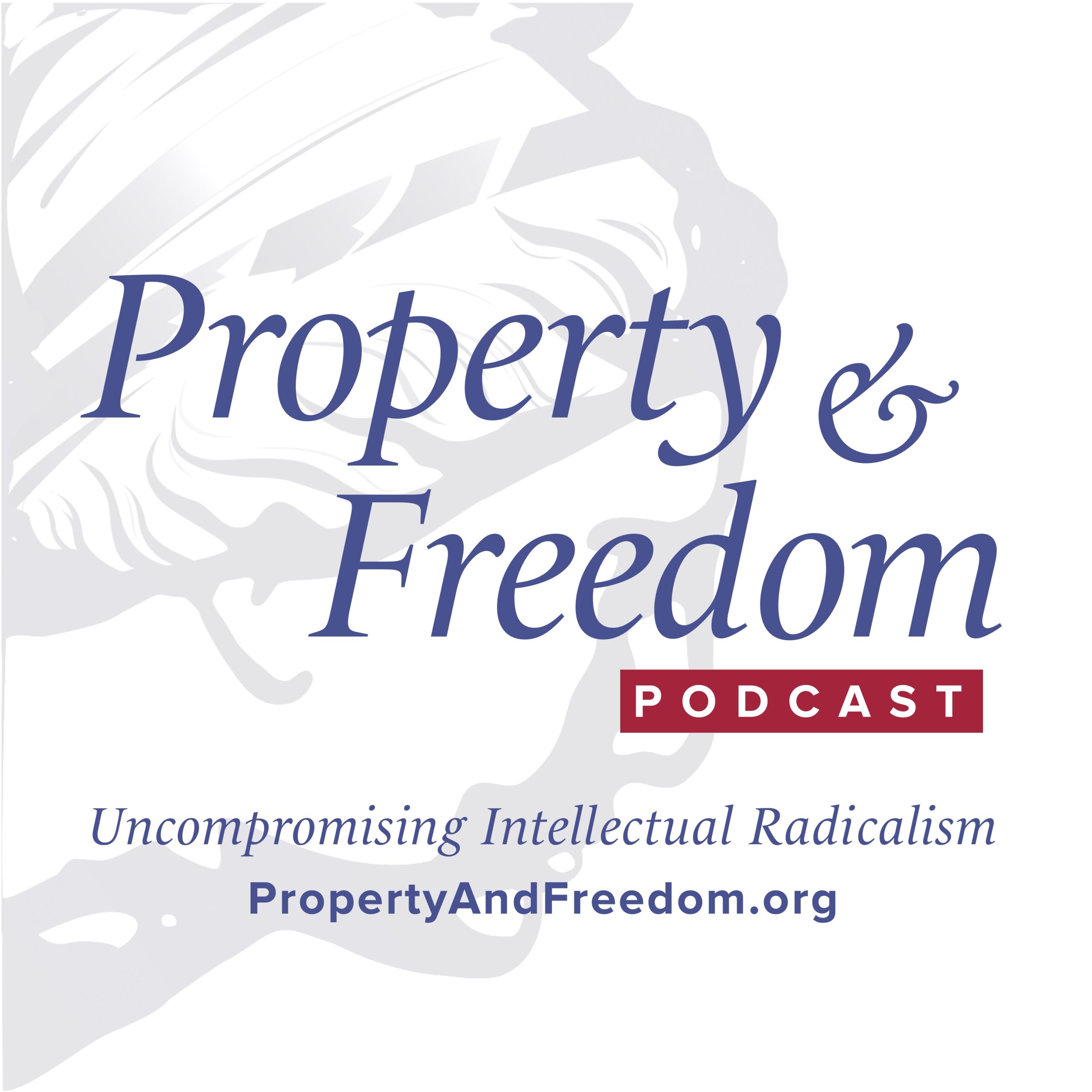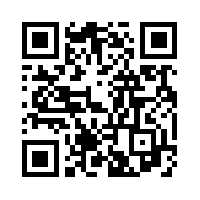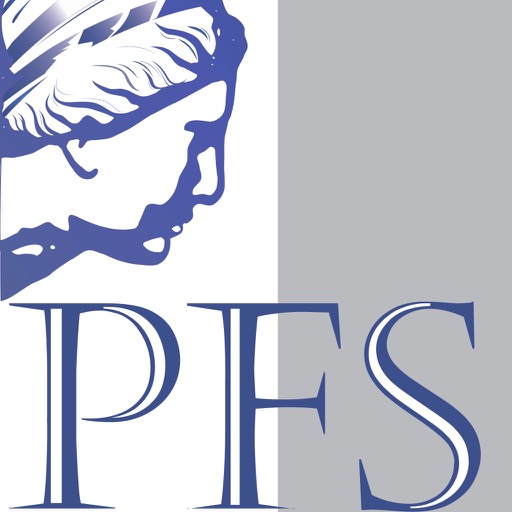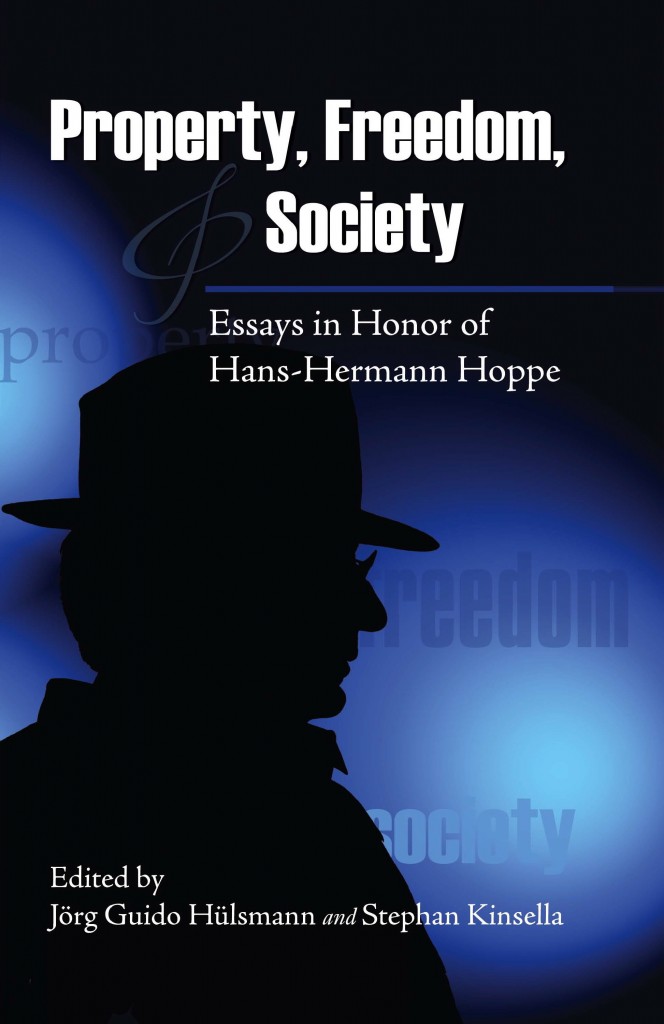Property and Freedom Podcast, Episode 219.
This talk is from the 2021 Annual Meeting of the Property and Freedom Society. Hans-Hermann Hoppe (Germany/Turkey), Welcome and Introductions; How Would a Private Law Society Deal with Corona?
The notes for this presentation are provided below. See also Hoppe, On the Corona Panic and Other Insanities: Interview by Andrea Venanzoni,” LewRockwell.com (Aug. 4, 2021).
❧
How Would a Private Law Society Deal with Corona?: Opening Remarks to the Property and Freedom Society Fifteenth Annual Meeting
Friday, Sept. 17, 2021 • Bodrum Turkey
Hans-Hermann Hoppe
In a private law society, all land, every square inch, is privately owned. All apartments, houses, settlements, roads, waterways, seaports and airports, factories, offices, schools, hospitals, etc., have a private owner. This owner is either an individual or a group of individuals, a private association, each with its own house rules, organizational structure and internal decision-making rules and procedures.
So this achieves, in contrast to all and any political centralism, a maximum of decentralized decision-making and, at the same time, a maximum of responsibility and responsible action. Every decision is the decision of a particular person or association with regard to their (and only their) private property. And every decision-maker is liable or covers the costs and consequential costs for his decisions or wrong decisions with his own property.
For the specific problem of dealing with a pandemic, this means that much like the immigration problem, the urgency of which is currently obscured by the coronavirus, the question in the face of a pandemic is simply “who do I let in and who do I bar?” or “who do I visit and who do I stay away from?” More specifically: Each private property owner or property owner’s association has to decide, based on their own risk assessment of an infectious disease with respect to their property, who they allow to enter their property, when, and under what conditions, and who do they disallow. And, especially in the case of commercially used property, this decision can and will include one’s own preventive measures that are intended to facilitate visitor or customer access by making them appear to reduce or minimize risk. And conversely, visitors or customers may also take precautionary measures on their part to provide unimpeded access to various potential hosts. The result of these multiple individual decisions is a complex web of access and visiting rules.
All encounters or meetings of persons take place voluntarily and deliberately. They come about in each case because both the host and the visitor consider the benefit of their encounter to be greater than the risk of possible infectious contagion resulting from it. Therefore, neither host nor visitor have any reciprocal liability claims, should an infection actually occur as a result of their encounter. This risk (including possible hospital costs, etc.) must be borne by each party alone. In this case, liability claims are only possible if, for example, the host deliberately deceived his visitors concerning his own preventive measures or if the visitor deliberately and intentionally violated the host’s conditions of entry.
But even without any deception, the decisions of hosts and visitors are never without a price. Every preventive or precautionary measure involves an additional cost that must have an apparent justification, whether by the expectation of additional profits or reduced losses, or whether by increased acceptance or reduced rejection by potential visitors. And, in particular, every private decision-maker also has to bear the costs of possible wrong decisions in this respect, i.e., if the expectations are not only not fulfilled, but even turn into the opposite. If the supposed defense and precautionary measures are not only ineffective, but turn out to be counterproductive and even increase the risk of infection overall, be it of hosts or guests, instead of reducing it.
These are considerable costs that are the responsibility of a private decision-maker and could still be his when faced with an epidemic. His economic existence and his closest social environment may be at stake. In view of this, he will consider his decision thoroughly, and all the more so the more property and friendly relations he has or maintains. He must be quickly prepared, often almost “by force” to learn from his own mistakes and to correct his earlier decisions in order to avoid further economic or social costs.
Accordingly, as with all other problems or risks – real or perceived – the same is true in the case of infectious diseases and epidemics. The best – most cost-effective and efficient – way to minimize the damage associated with an epidemic is to decentralize decision-making down to the level of private owners or owner associations. This is because, as mentioned above, the danger posed by an epidemic varies in different places and at different times, and is perceived as such. And, in general, there is no single, definitive, and unambiguous scientific answer for assessing the risk of an infectious disease. Rather, this question is an empirical one, and the answers to such questions are, in principle, always only hypothetical and tentative answers, and these may well differ and change significantly from one scientist to another and from the representatives of one scientific discipline (e.g. virologists) to those of another discipline (e.g. economists), as well as over time.
In view of this, it seems almost self-evident that decisions on appropriate defense measures should be made by local decision-makers familiar with the respective local conditions. And it should be equally self-evident that these local decision-makers must be private owners or owners’ associations. For only they are responsible for their decisions and their selection of experts on whose advice their decisions are based. And only they therefore have an immediate incentive to learn from their own mistakes or the mistakes of others and to reproduce or imitate success, whether their own or that of others, in order to approach a solution to the problem step by step in this way. – And also worth mentioning is that in this environment of private decision-makers competing for a solution to the problem, there is always a considerable number of persons or groups of persons, far larger at any rate than the number of the gangs of politicians assembled in parliaments and governments, who are superior to these (the latter) in every conceivable relevant respect: in terms of wealth of experience, intelligence, entrepreneurial success or professional and scientific qualifications, performance and judgment.
Instead of expecting that a quick and painless solution to the problem of infectious diseases will be accomplished by, of all people, politicians and their intellectual courtiers – that is, by persons who make decisions regarding the use of property by, and freedom of movement of, a vast number of persons completely unknown to themselves, without having any knowledge of local circumstances, by persons who do not assume or are not subject to any liability or accountability to others for their decisions, and persons who, moreover, are not particularly bright either – means that we must literally believe in miracles.
Podcast: Play in new window | Download (7.4MB)





You must log in to post a comment. Log in now.